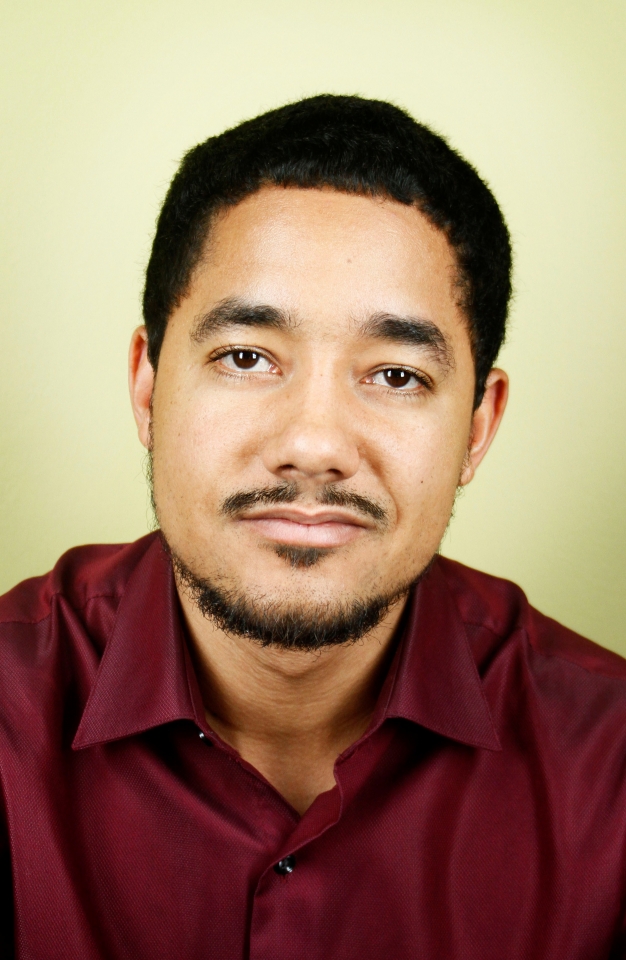Kofi Hope, Rhodes Scholar, Doctor of Philosophy in Politics & Managing Director, Community Empowering Enterprises
On July 14, Go Set a Watchman will be released to the general public, a sequel of sorts to Harper Lee’s To Kill a Mockingbird. Few works of literature have had a more profound role in shaping conversations on race in the 20th century than To Kill a Mockingbird.
For my part, I read the book in 1999 as a grade 10 student in Mississauga. While undoubtedly a classic novel, To Kill a Mockingbird had marginal influence on my thinking, especially on issues of race and systemic discrimination. Not that those topics were far from my mind. As a young Black man living in the GTA, surrounded by a peer group of predominately second generation Canadians, we navigated the intersection of issues of class, race, religion and social belonging every day. But the connections of our multi-cultural reality to that novel, and what we were being taught more broadly, were not there.
The same year that I read To Kill a Mockingbird, I was part of a group of students who, frustrated with what we saw as Eurocentric curriculum, successfully petitioned our school to have a Black history class introduced. Unfortunately, pro-active engagement by students in such situations is not the norm; disengagement is far more common. Literature and the works of the humanities provide critical discourses and frames we all use to navigate our world. Without them our understanding suffers, our ability to think critically and beyond our daily experience is compromised. We need young Canadians engaged with such works, but for this to happen we need more stories that can speak more directly to their lived experiences.
For example, I was in my last year of high school when 9/11 happened. This event shook even the most apathetical teenager. The rhetoric of a 'war on terror' created serious reverberations in my school, where there was a substantial Muslim population. And I still remember the one teacher who made sure to inject contemporary works around Islamophobia and Middle Eastern politics into our curriculum following 9/11. Reports by Robert Fisk and essays by Noam Chomsky gave us new lenses to view the events around us and engage with the pressing issues of the day. It gave common ground for students, both Muslim and non-Muslim, to speak about what was happening. The importance of that teacher’s efforts became apparent a few years later when a young man who attended our school became part of the Toronto 18, the bizarre terror plot of 2006.
With diversity in Toronto and Canadian schools continuing to be the status quo, the need for works that are truly reflective of student experience grows. I wish that we had been exposed to writers like Joseph Boyden or Lawrence Hill during my high school days. Yet the inclusion of such literature in our schools is only half the battle—we also need to create space for Canadian millennials’ own unique stories. I remember my sheer joy as a young man hearing my Black experience explained in the song “Brother Watching” by Shad (now host of CBC’s q), or the awe I feel every time I attend an event in Toronto’s burgeoning spoken word scene. The last poetry slam I attended left me blown away by the piercing lyrics of four young Somali women who all spoke about very different Toronto experiences. In these spaces, outside of the academic gaze or the confines of what is considered ‘literature,’ critical tales of Canada’s multi-cultural mosaic are emerging. I can only hope that one day there will increasingly be room for them in our classrooms alongside classics like To Kill a Mockingbird.


